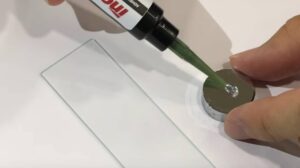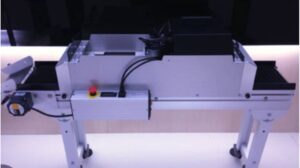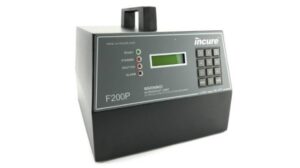Glass-to-metal bonding is a critical process in various industries, from electronics and automotive to aerospace and medical devices. The adhesive used in this process plays a crucial role in ensuring the structural integrity and performance of the final product. Industrial glass-to-metal adhesives are specifically designed to meet the demanding requirements of these applications.
Why Use Glass-to-Metal Adhesives?
- Enhanced Strength: Glass-to-metal adhesives provide strong and durable bonds that can withstand mechanical stress, vibration, and temperature fluctuations.
- Improved Sealing: These adhesives can create a hermetic seal, preventing moisture, gases, and contaminants from entering the bonded interface.
- Electrical Insulation: Some glass-to-metal adhesives offer excellent electrical insulation properties, making them ideal for applications where electrical isolation is critical.
- Thermal Conductivity: Certain adhesives can enhance thermal conductivity between glass and metal, improving heat transfer efficiency.
- Versatility: Glass-to-metal adhesives are compatible with a wide range of glass and metal substrates, allowing for flexible design options.
Types of Industrial Glass-to-Metal Adhesives
- Silicone-Based Adhesives: These adhesives are known for their excellent heat resistance, weatherability, and electrical insulation properties. They are commonly used in automotive, aerospace, and electronics applications.
- Epoxy-Based Adhesives: Epoxy adhesives offer high strength, chemical resistance, and good adhesion to both glass and metal substrates. They are suitable for a wide range of industrial applications.
- Polyurethane-Based Adhesives: Polyurethane adhesives provide good flexibility, toughness, and weather resistance. They are often used in automotive and construction applications.
- Anaerobic Adhesives: These adhesives cure in the absence of oxygen, making them ideal for gap filling and sealing applications. They are commonly used in automotive and industrial manufacturing.
Key Considerations for Selecting the Right Adhesive
- Substrate Compatibility: Ensure that the adhesive is compatible with the specific glass and metal materials being bonded.
- Required Strength: Consider the mechanical loads that the bond will need to withstand.
- Environmental Factors: Evaluate the operating environment, including temperature, humidity, and chemical exposure.
- Cure Time: Determine the desired curing time based on your production schedule.
- Additional Properties: Consider any other specific properties that may be required, such as electrical insulation, thermal conductivity, or UV resistance.
Applications of Industrial Glass-to-Metal Adhesives
- Automotive Industry: Bonding windshields, headlights, and other glass components to metal frames.
- Electronics Industry: Attaching glass substrates to metal housings in electronic devices.
- Aerospace Industry: Bonding glass windows and canopies to metal aircraft structures.
- Medical Devices: Sealing glass components to metal housings in medical equipment.
- Construction Industry: Bonding glass panels to metal frames in buildings.
By carefully selecting the appropriate industrial glass-to-metal adhesive, manufacturers can ensure the reliability, durability, and performance of their products.
Unsure Which Glass Bonding Adhesive is Best for Your Industrial Application? Contact Us or Explore the full range of Incure solutions at www.incurelab.com






